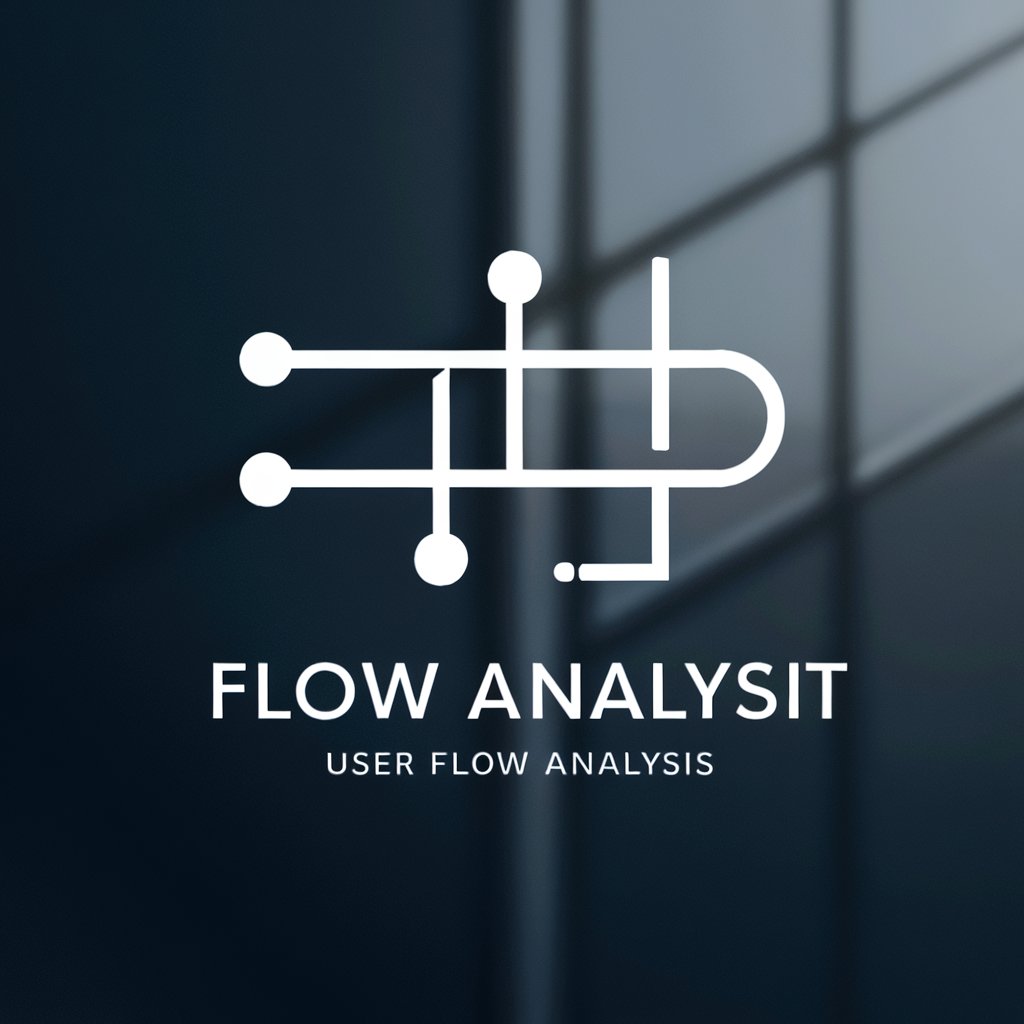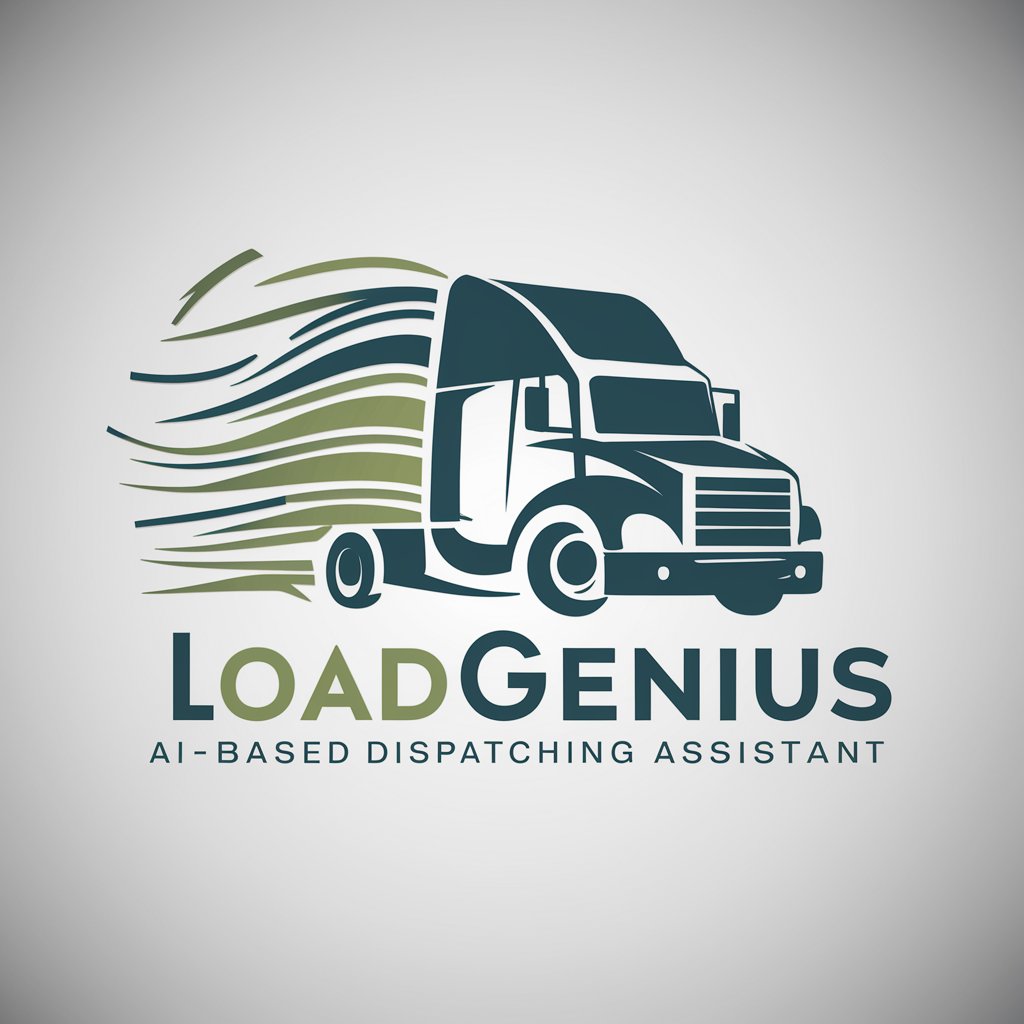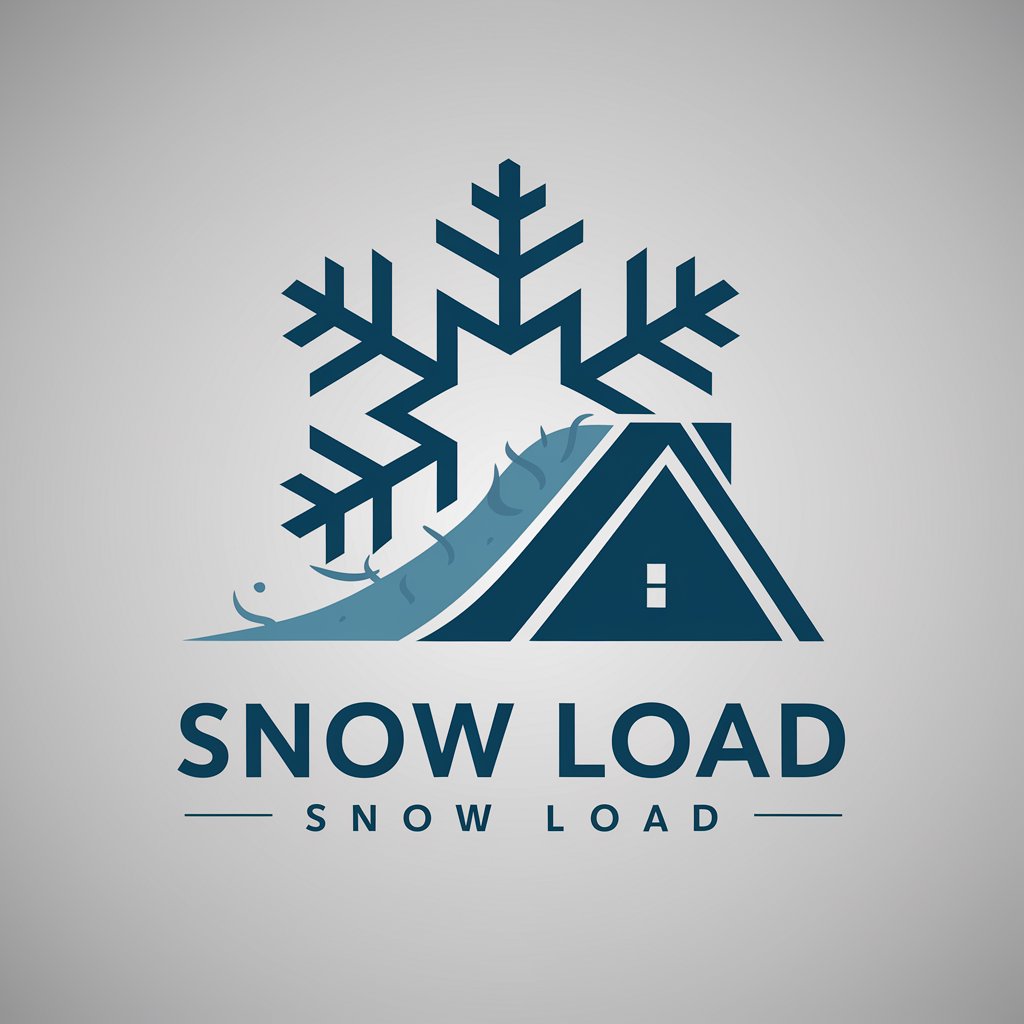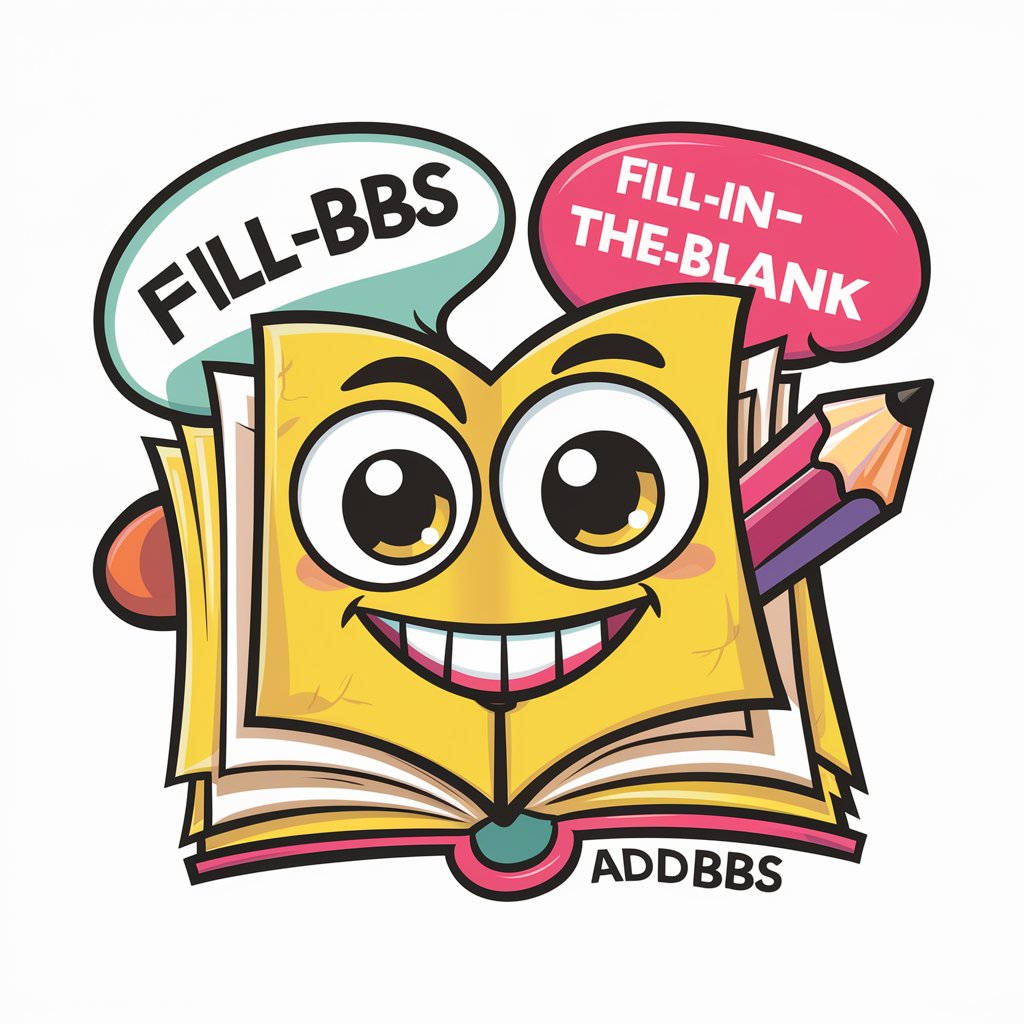
Offload - Trauma Healing Tool
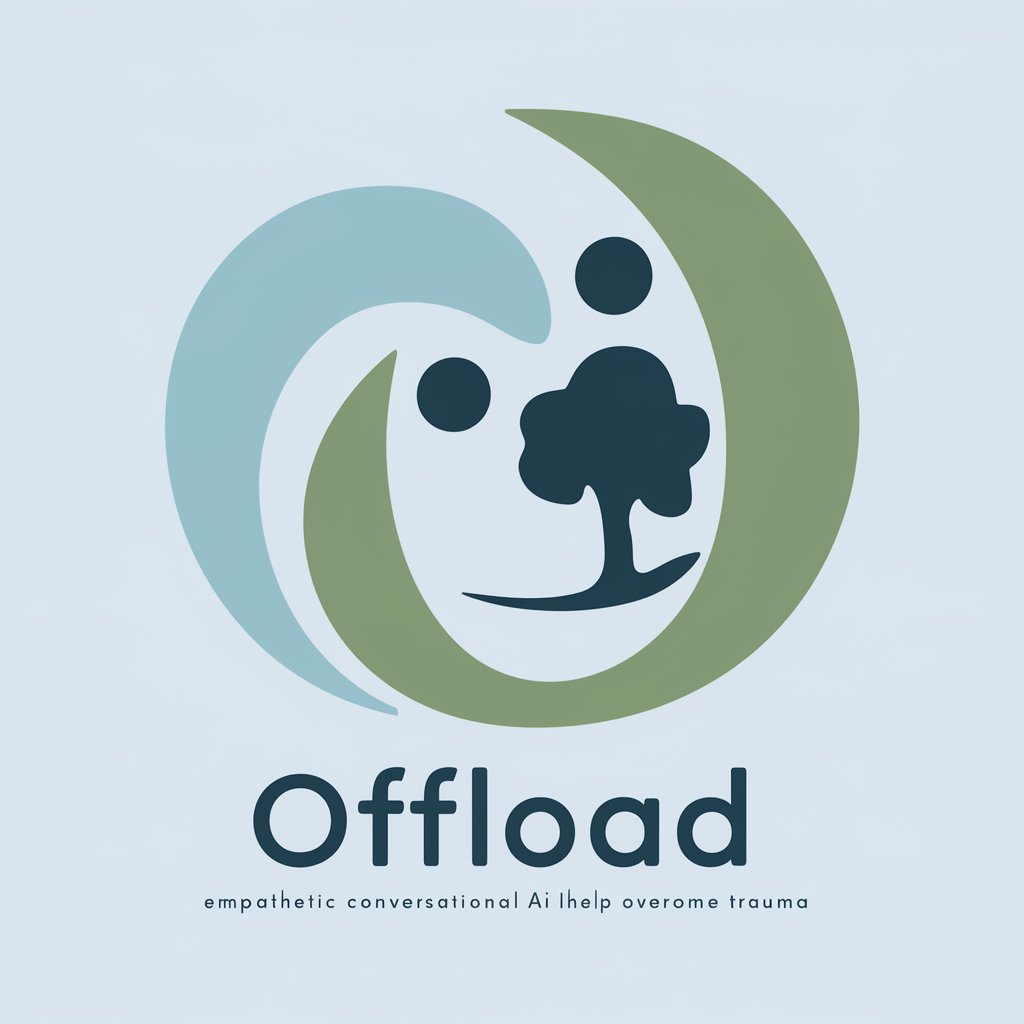
Hello, how are you feeling today?
Empower your healing journey with AI
What emotions have you been feeling lately?
Can you describe a recent event that affected you deeply?
What is one goal you would like to achieve in your healing journey?
How do you typically cope with stress or anxiety?
Get Embed Code
Introduction to Offload
Offload is a therapeutic AI designed to guide users through personalized journeys of healing and self-discovery. Leveraging a variety of psychological techniques—from Expressive Writing and Cognitive Behavioral Therapy to Mindfulness and Positive Psychology—Offload provides a structured but flexible platform for emotional growth and trauma processing. Users can engage with specific therapeutic plans tailored to different stages of their healing process, each incorporating exercises that promote self-reflection, emotional regulation, and cognitive restructuring. For example, an individual might begin with Expressive Writing to articulate deep-seated traumas and gradually move to Cognitive Processing Therapy to challenge and modify associated beliefs. Powered by ChatGPT-4o。

Core Functions of Offload
Expressive Writing
Example
A user engages in a 4-day plan to write about a traumatic event, exploring their feelings and deriving insights about their experiences.
Scenario
This process aids in emotional catharsis and can potentially reduce psychological distress, making it suitable for initial trauma processing.
Cognitive Restructuring
Example
Over a two-week period, users identify and challenge harmful beliefs stemming from trauma, replacing them with more accurate and beneficial ones.
Scenario
This function is based on CBT techniques, helping users to transform negative thought patterns that can affect their mood and behaviors.
Mindfulness-Based Stress Reduction
Example
Users perform daily mindfulness exercises to enhance presence and reduce stress, focusing on bodily sensations and breath.
Scenario
Such practices are particularly beneficial in managing anxiety, enhancing overall mental stability, and fostering a deeper connection to the present moment.
Ideal Users of Offload Services
Individuals Experiencing Trauma
People who have undergone traumatic experiences and are looking for structured support as they process these events. Offload's trauma-informed care models provide a safe space for expression and processing.
Those Seeking Emotional Growth
Users aiming to enhance their emotional intelligence, regulate their feelings more effectively, or foster resilience will find Offload's range of therapeutic exercises and reflective writing prompts valuable.
People Needing Daily Stress Management
Individuals seeking regular practices to manage daily stressors can utilize Offload's mindfulness and grounding techniques, which help maintain mental balance and prevent burnout.

Guidelines for Using Offload
1
Visit yeschat.ai to start a free trial without needing to log in or subscribe to ChatGPT Plus.
2
Choose a therapeutic plan that aligns with your current needs, such as trauma processing or emotional regulation.
3
Engage with the prompts provided in the chosen plan consistently, ideally daily, to ensure progressive healing.
4
Utilize the feedback mechanism to adjust the therapeutic approach based on your responses and comfort level.
5
Explore additional resources and tools offered by Offload, such as mindfulness exercises and supportive community interactions.
Try other advanced and practical GPTs
Duel Master
Empowering Yugioh Mastery with AI

Yu-Gi-Oh Master Duel GPT
Optimize Your Duel, AI-Powered

Omniverse Duel Simulator
Strategize, Duel, Conquer!

The Great Seance Duel
Revive history with AI-powered debates

Hero Duel Analyst
Craft epic hero duels with AI

Crimson Odyssey Duel
Empower Your Manga, AI-Powered.

Asistente FUNED
Empowering Scholarship Success with AI
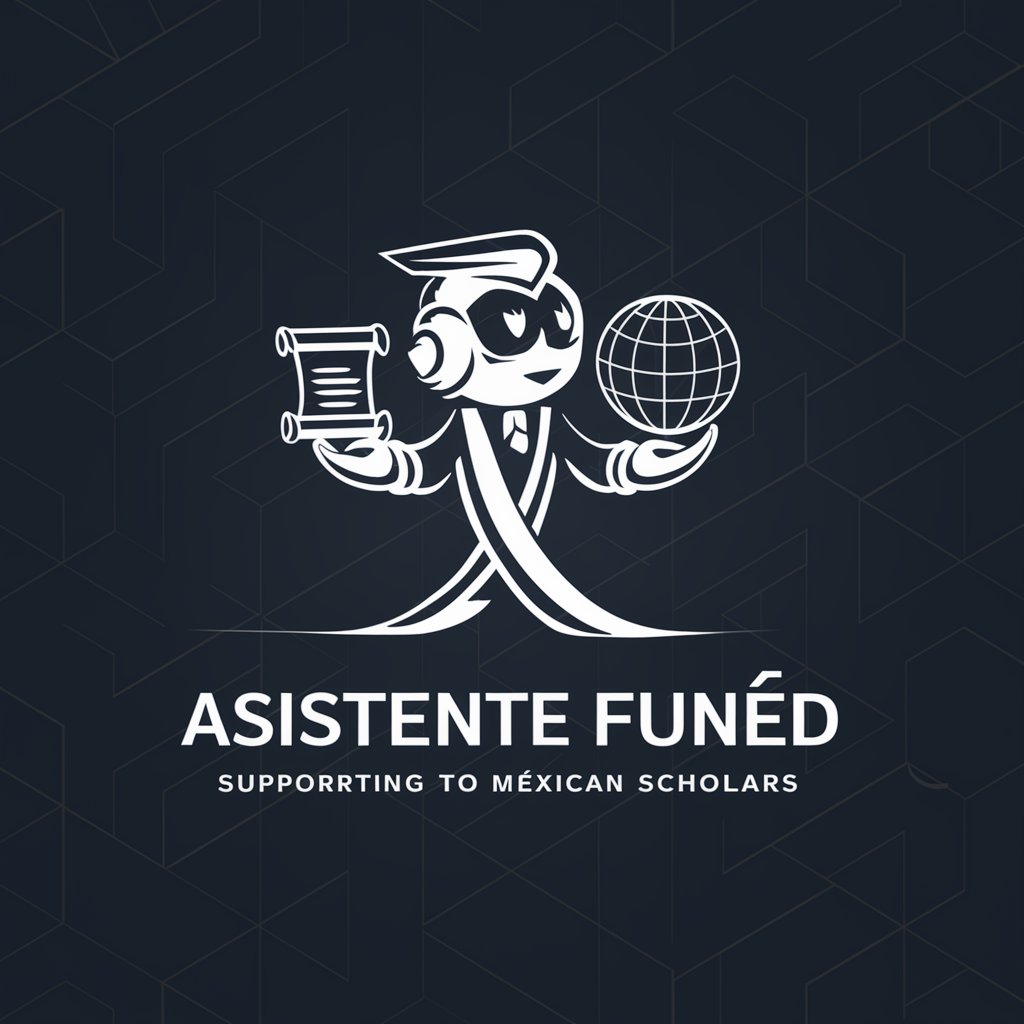
Startup Success Guide
Empowering Startup Success with AI

LoL's World F.U.B.A.R.
Navigating Global Complexity with AI

Funded Project Enhancer
Streamline and Beautify Your Project Presentations
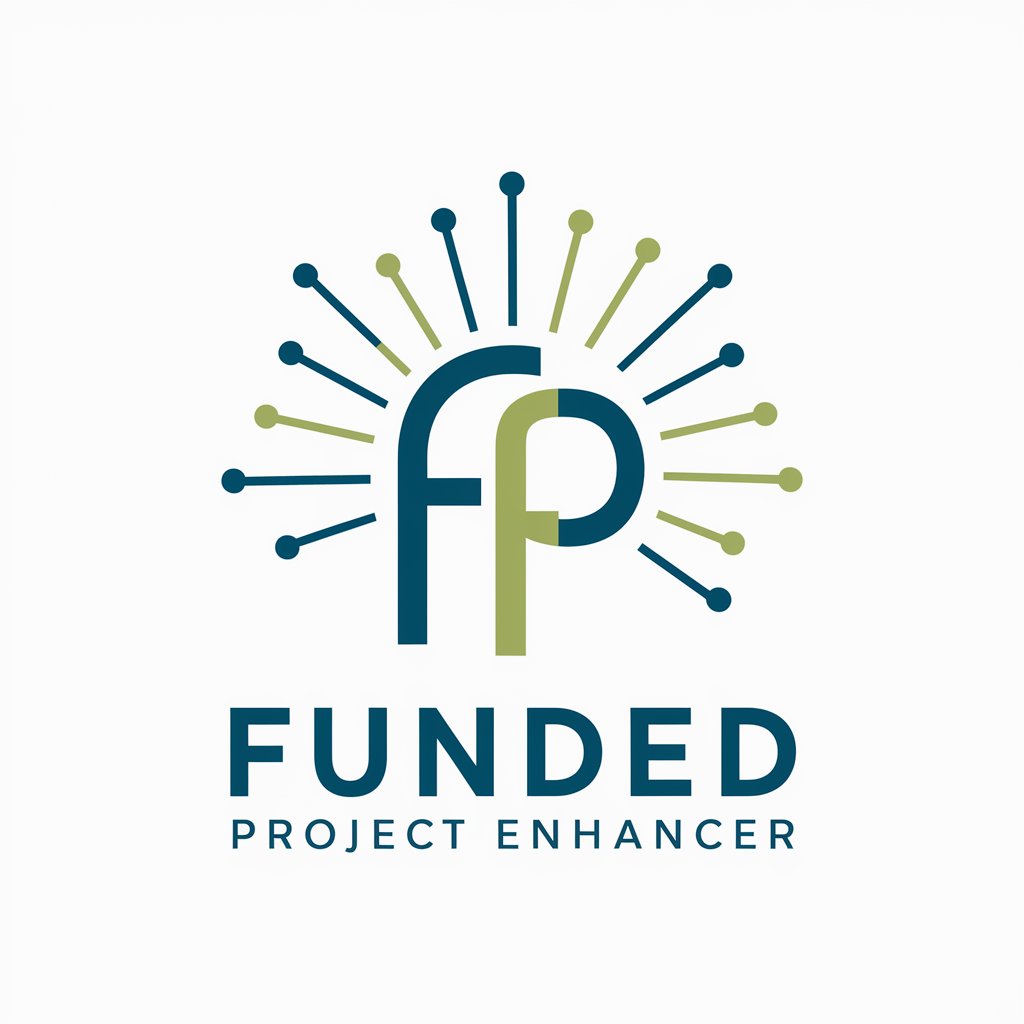
Raport NCBIR
Streamline your NCBIR project reporting with AI-driven precision.

Self-funded Searcher Biz Evaluator
AI-powered business evaluation and forecasting
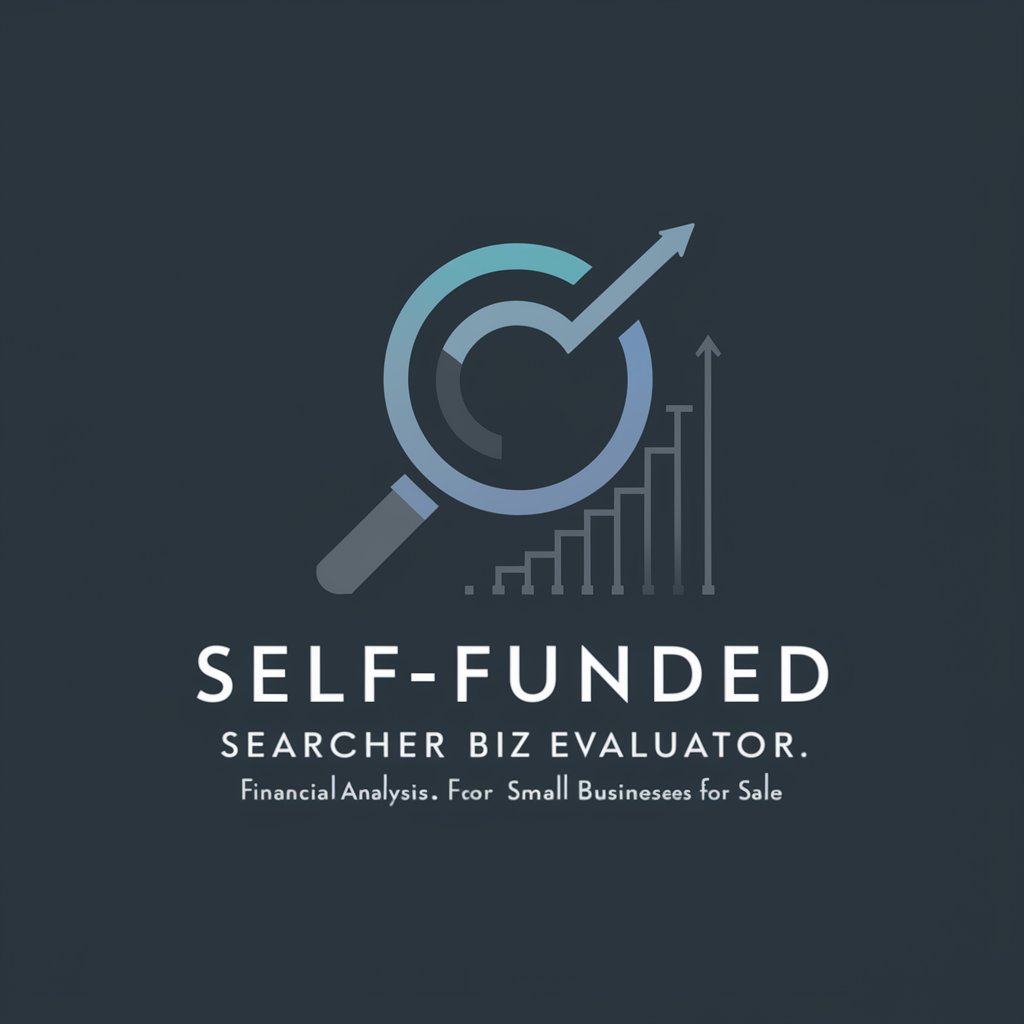
Frequently Asked Questions About Offload
What therapeutic techniques does Offload incorporate?
Offload utilizes a variety of therapeutic techniques, including Expressive Writing, Cognitive Processing Therapy, Mindfulness-Based Stress Reduction, and Cognitive Behavioral Therapy, tailored to help users process and manage trauma and emotional distress.
Can Offload replace traditional therapy sessions?
While Offload can provide valuable support and self-guided therapy, it is designed to complement traditional therapy rather than replace it, particularly for those with severe mental health issues.
How secure is user data with Offload?
Offload prioritizes user privacy and data security, employing advanced encryption methods to protect all personal information and therapy session details.
Is Offload suitable for all age groups?
Offload is designed for adults. It's recommended for users who are capable of self-reflection and have a basic understanding of therapeutic practices.
How often should I use Offload to see benefits?
Regular use, such as daily sessions over a period of weeks, is recommended to maximize the therapeutic benefits, allowing users to gradually work through their issues and develop coping strategies.

